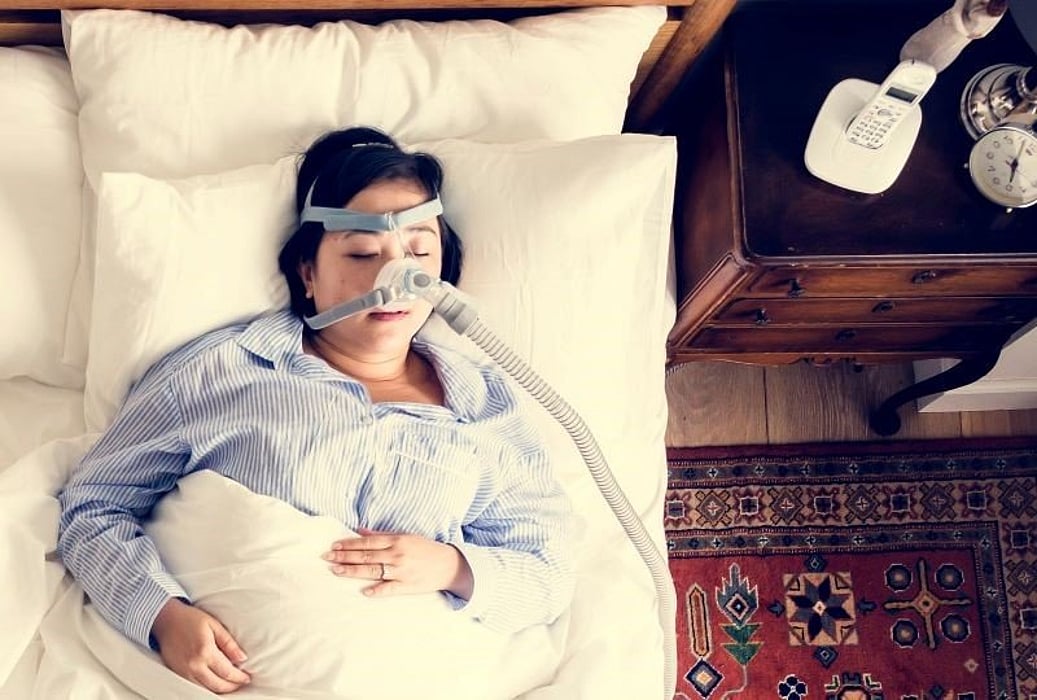Higher CPAP Adherence Tied to Reduction in Cardiovascular Events

FRIDAY, Oct. 6, 2023 (HealthDay News) -- Adherence to continuous positive airway pressure (CPAP) treatment is associated with a reduced risk for cardiovascular event recurrence, according to a review published in the Oct. 3 issue of the Journal of the American Medical Association.
Manuel Sánchez-de-la-Torre, Ph.D., from the University of Lleida in Spain, and colleagues conducted a systematic literature review and meta-analysis to assess the effect of CPAP treatment for obstructive sleep apnea (OSA) on the risk for adverse cardiovascular events. The analysis included data from 4,186 individual participants with established cardiovascular disease and OSA (50.1 percent receiving CPAP with mean adherence of 3.1 hours per day).
The researchers found that for the main outcome of first major adverse cardiac and cerebrovascular event (MACCE), the CPAP and non-CPAP groups had a similar occurrence (hazard ratio, 1.01; 95 percent confidence interval, 0.87 to 1.17). However, with good adherence to CPAP (four or more hours per day), treatment was associated with a reduced recurrence risk for MACCE (hazard ratio, 0.69; 95 percent confidence interval, 0.52 to 0.92).
"Adherence to CPAP was associated with a reduced MACCE recurrence risk, suggesting that treatment adherence is a key factor in secondary cardiovascular prevention in patients with OSA," the authors write.
Abstract/Full Text (subscription or payment may be required)
Related Posts
AHA News: At Annual ‘Thriller’ Event, Zombie Went Into Cardiac Arrest
FRIDAY, Jan. 20, 2023 (American Heart Association News) -- A week before...
Younger Women With AMI Have More Adverse Outcomes After Discharge
MONDAY, May 1, 2023 (HealthDay News) -- Compared with men, younger women with...
More Americans With Heart Disease Are Also Becoming ‘Food Insecure’
FRIDAY, Sept. 30, 2022 (HealthDay News) -- Many Americans with heart disease...
Canker Sores in Children
What are canker sores?They're small, painful, crater-like nuisances that sprout...
